Several years ago, when the Harley-Davidson LiveWire was still a concept and anticipation for its release was high, there was some talk about it possibly being used for battlefield reconnaissance, among other military duties. We can’t find any records of it being officially trialed by the US Armed Forces, although there were at least rumors back in the day.
Learn how the US Military figured out how to drive jeeps underwater.
The excitement around the LiveWire was how it supposedly could be operated virtually silently at high speeds, allowing Special Operations forces like the Navy SEALs to operate behind enemy lines while avoiding detection in a rapid transport option. But with the production model out (and now LiveWire has been spun off into its own separate brand) we know that it’s not exactly silent at full tilt.
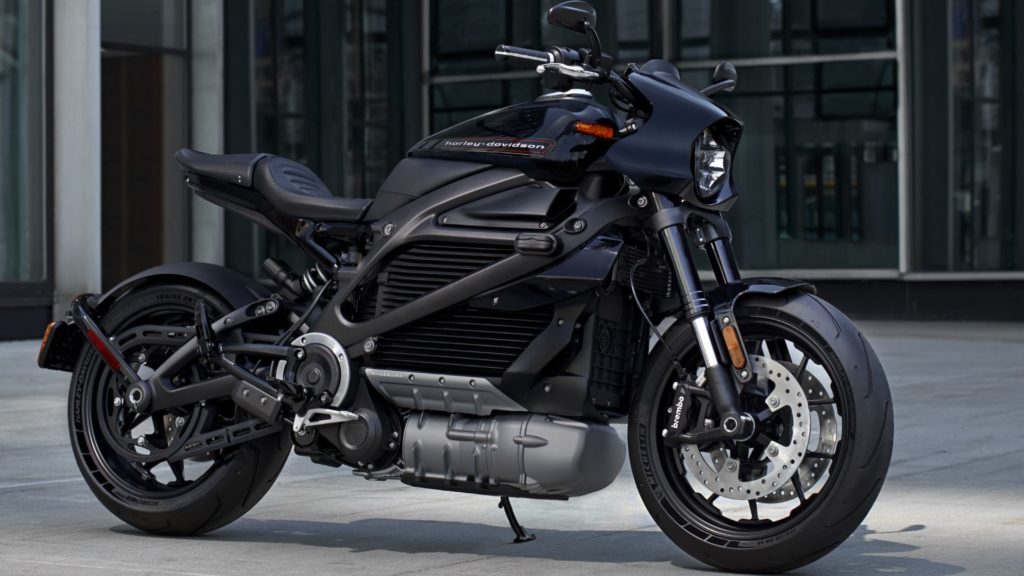
Check out this video of a guy running one on a dyno. While it makes plenty of noise at just cruising speed, when the guy really juices it the high-pitched sound spikes. That’s exactly the opposite of what people were speculating originally.
Some are still arguing the LiveWire is “silent” despite evidence to the contrary. While it doesn’t make as much noise as a bike with Screaming Eagle pipes, it still leaves a lot to be desired in the way of complete stealth.
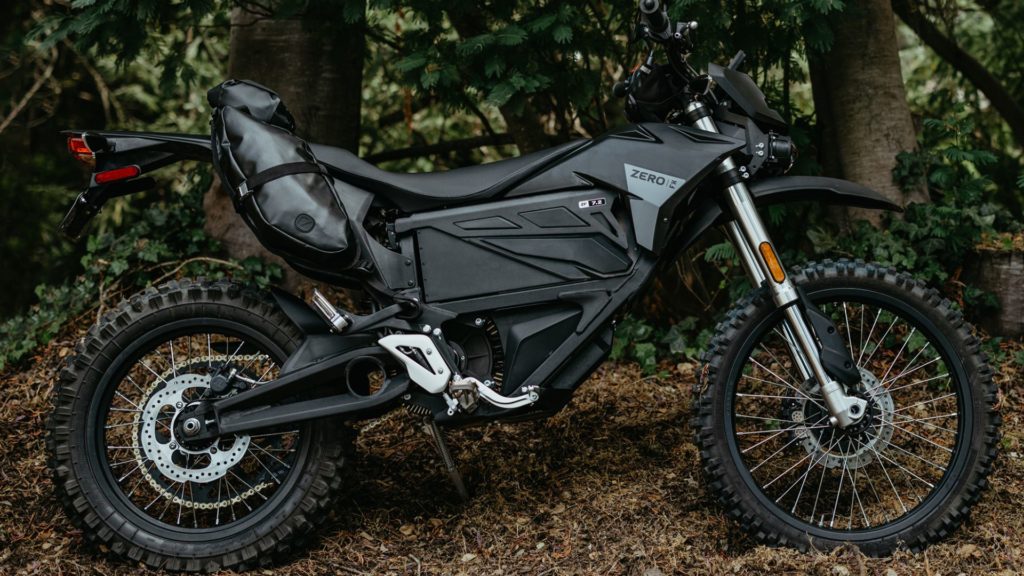
Among the all-electric alternatives is the Zero MMX, which is available in a matte black military version. As one of the vanguards of the electric motorcycle revolution, one might think this option from Zero would be perfect for stealth military operations. But that bike debuted back in 2013 and only this summer the Marine Corps reportedly has been trying them out in trials, so adoption has been slow, if it finally makes the cut.
Part of the problem might be that the Zeros also aren’t as silent as one might hope. Maybe the sound you can hear in this acceleration of a civilian SR/S is more than the military MMX makes or it’s good enough for the Marines, but could that be an issue for Special Operations as they’re trying to move without detection deep behind enemy lines?
Back in September 2022 Spec Ops was testing out various American-made electric bikes from Huck Cycles. More specifically, the Overland model was being evaluated, at least according to the manufacturer, which shared images of the tests, blurring out operators’ faces. That seems pretty legit.
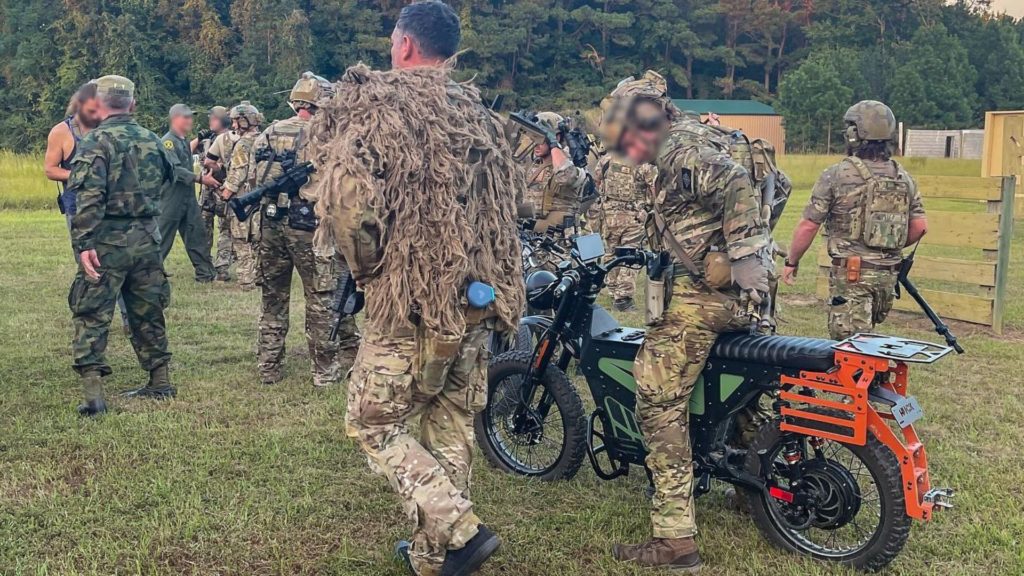
The Advantage Huck enjoys with the Overland is it’s smaller and lighter than some of these other options, tipping the scale at only 145 lbs. Originally designed for outdoorsmen, it’s supposed to actually operate in silence, other than any noise made by the tires. What’s more, everything on the bike is claimed to be easy to unbolt and replace, making field swaps/repairs quick.
We’ve seen some use of e-bikes in the Ukraine War, including reports of soldiers carrying rockets on them to effectively kill Russian tanks. Like the Huck Overland, they’re small, lightweight, silent, and easy to repair in a pinch. Even better, to conserve battery power or in the event the batteries run out of juice, they can be pedaled like a regular mountain bike.
The UK’s Ministry of Defence has released footage of troops training with e-bikes and anti-tank weaponry. Australia’s army has released footage of troops using Sur Ron electric bikes, which are more like dirt bikes, even floating across rivers with them. Reportedly US paratroopers have trialed the Sur Ron brand as well for airdrop applications.
There’s little doubt other countries have been experimenting with different electric bikes, although exactly how they might be used in future conflicts could evolve beyond what we’ve seen in Ukraine. The technology is shifting, with many more brands like SilentHawk which have been rumored for military use but not confirmed in any meaningful way.
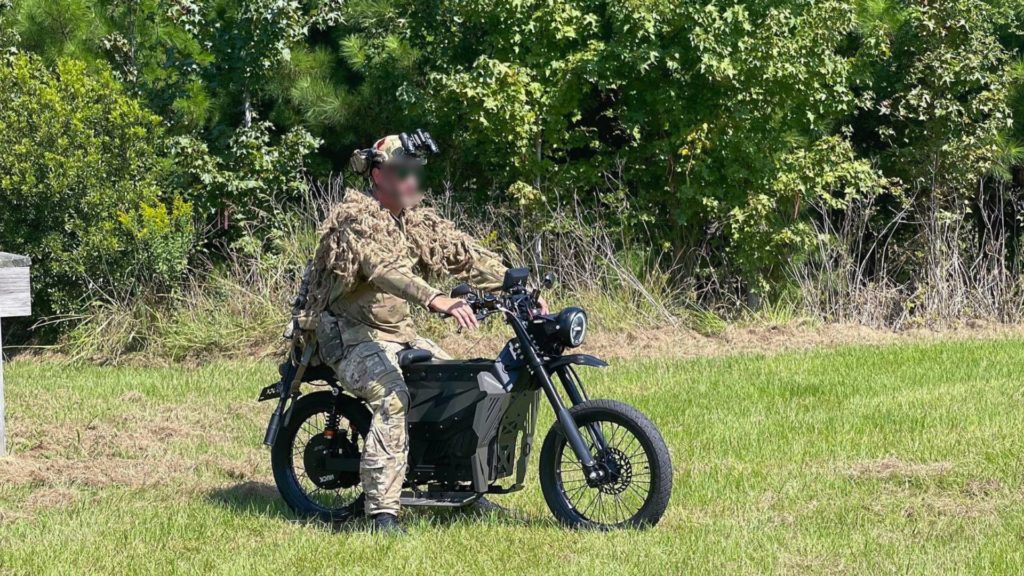
Motorcycles were key components of each military in WWII. Lightweight, agile, and able to traverse rugged terrain, they were used for reconnaissance, scouting, and as couriers. Obviously, the Harleys and other bikes used in the war were anything but silent. By the Korean War their usefulness started to wane thanks to the wider adoption of helicopters.
Even though their numbers have decreased, motorcycles have continued to be used by militaries. When it comes to electric motorcycles and especially e-bikes they present a number of potential advantages versus other vehicles. One must admit some of the same functions, especially reconnaissance, could be performed at least to an extent by drones, putting zero lives at risk. But these two-wheeled vehicles likely will continue to have a place on future battlefields.
Images via Harley-Davidson, Huck Cycles, Zero Motorcycles, YouTube













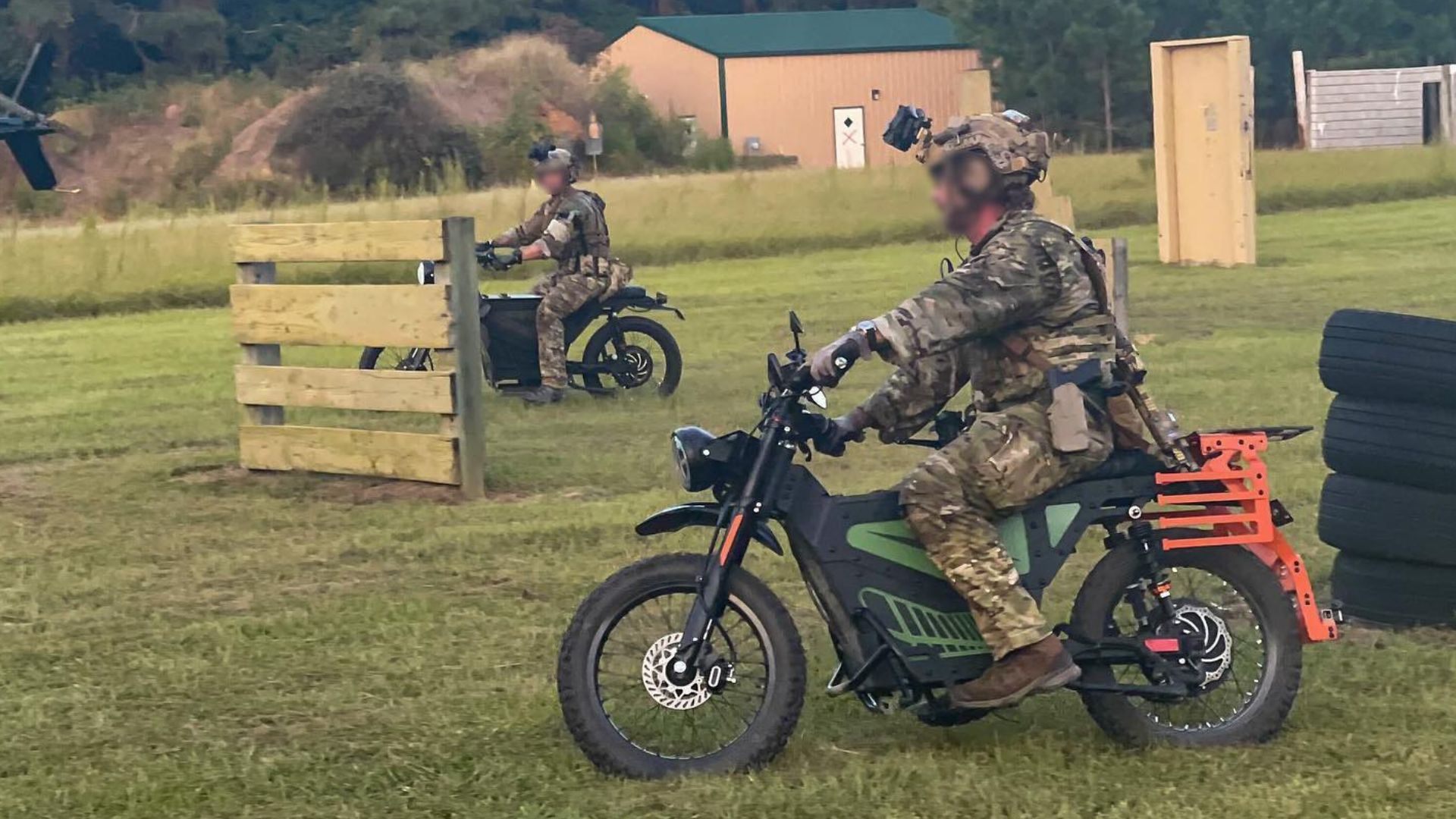









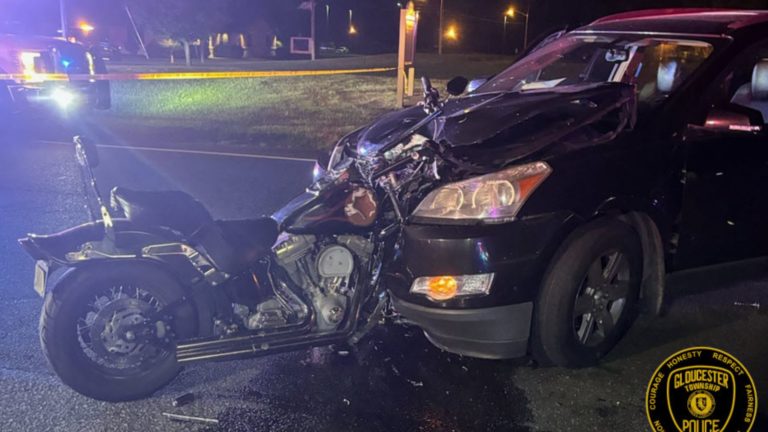
[…] by someone far away, maybe even in a different part of the world, can seem like a simultaneously fascinating and scary concept. However, most people don’t realize drones have been around for over a hundred […]
[…] Learn how electric motorcycles are being used in the military. […]